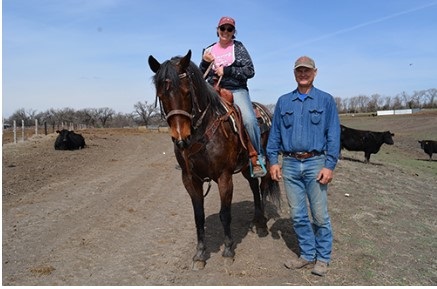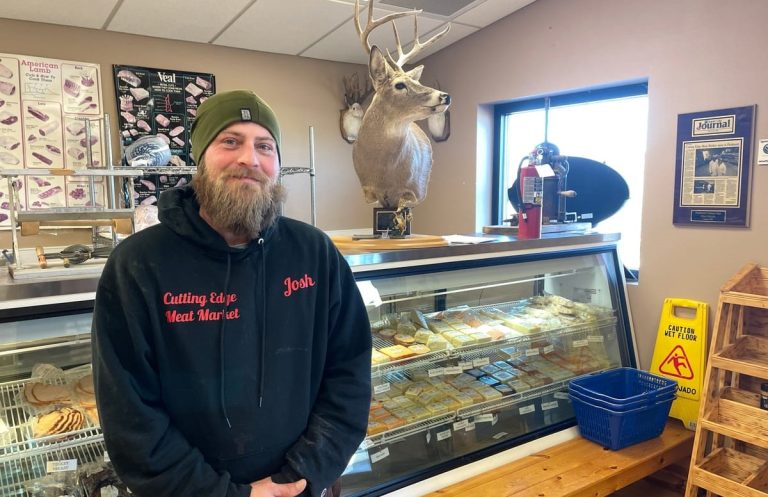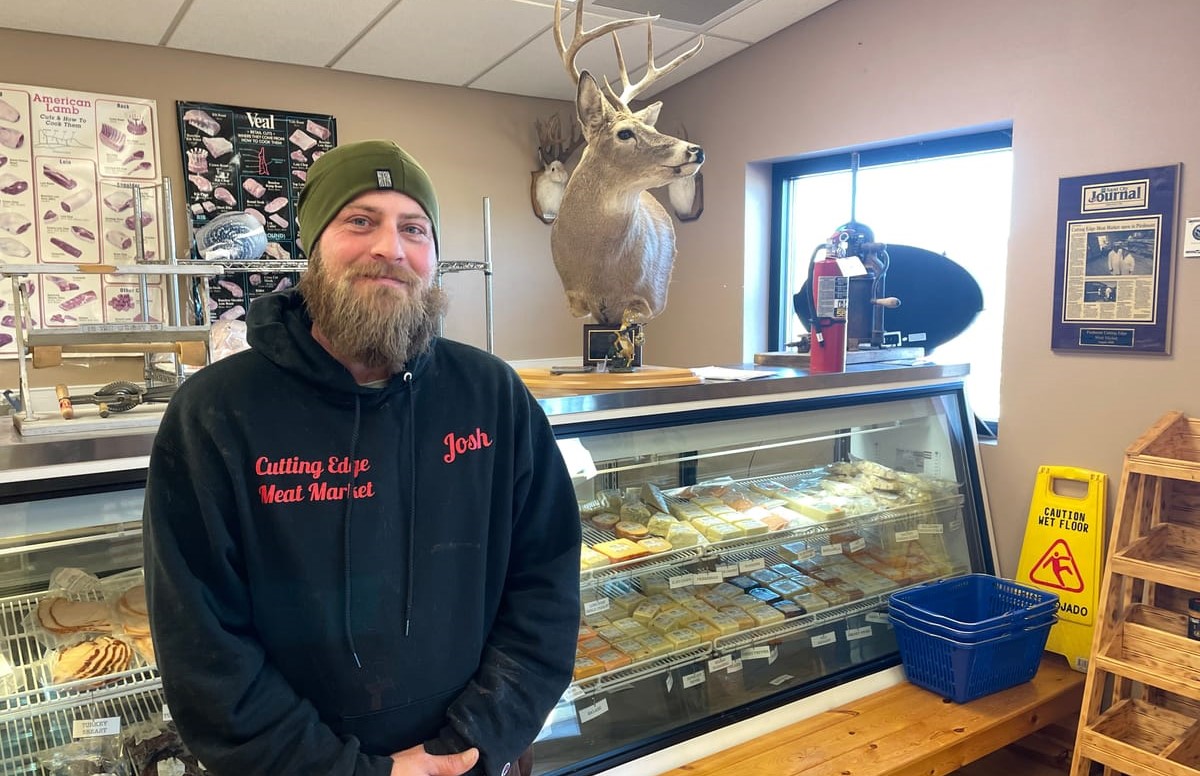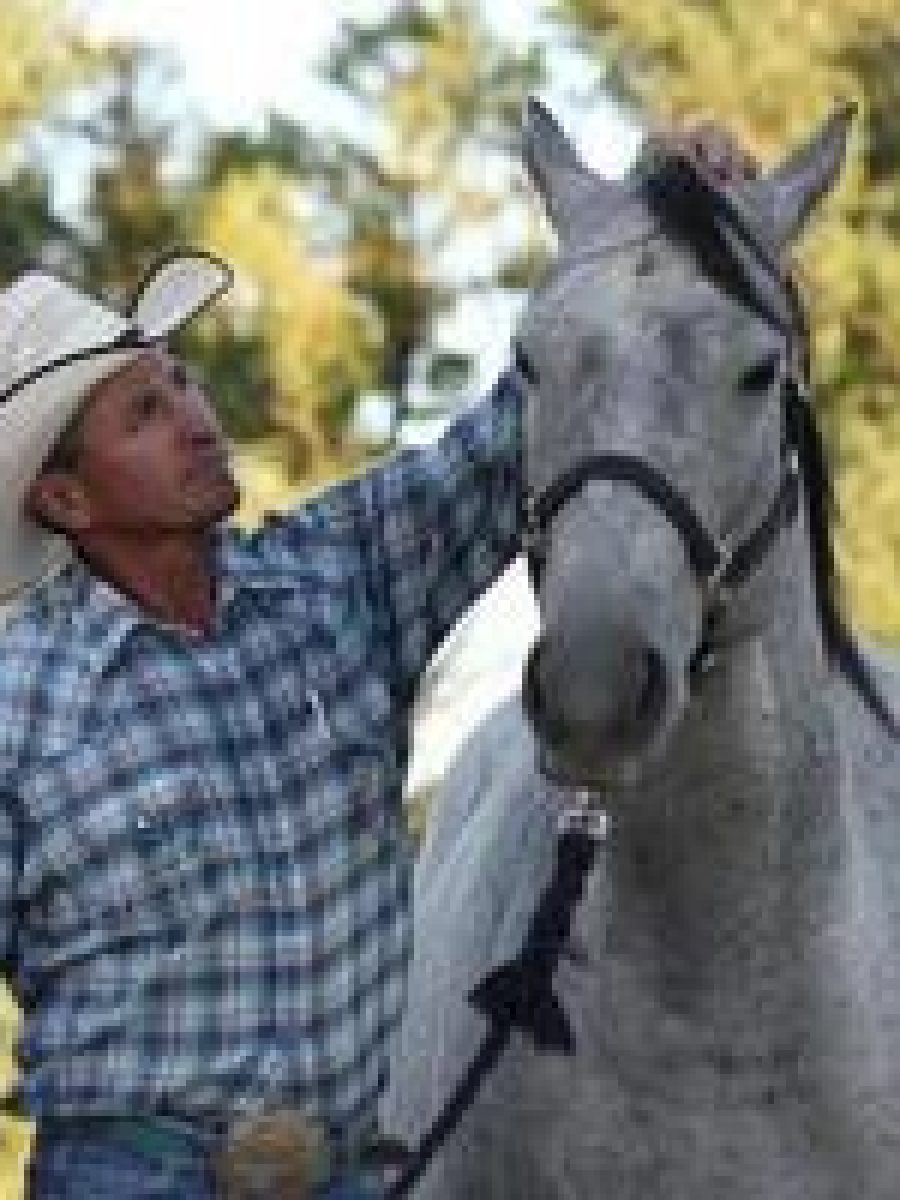WASHINGTON, D.C. – The Food and Drug Administration (FDA) is bringing the use of many common veterinary antimicrobial drugs under direct veterinary supervision effective June 11, 2023. This is the result of growing concerns that unchecked use of drugs that are also important in human medicine may lead to the development of resistant microbial strains.
Under the Guidance for Industry (GFI) #263, antibiotics that are currently available over the counter will become available by prescription only.
This FDA regulation builds on the 2017 Veterinary Feed Directive (VFD), which limits general use of antimicrobial-containing animal feeds. In the livestock industry, the impact of this regulation was primarily felt by the feedlot sector. However, the impending GFI #263 will impact all types and classes of livestock and domesticated animals.
A prescription from a licensed veterinarian will be required to purchase antimicrobial drugs that includes oxytetracyclines (e.g., Liquamycin LA-200, Oxytet), penicillin, sulfa-based antimicrobials, tylosin (e.g., Tylan), and cephapirin products, among others. GFI #263 addresses antimicrobials only and does not affect antiparasitics, pro/pre-biotics, supplements, or non-antibiotic topical treatments. There is a complete list of the drugs restricted to prescription use under GFI #263.
It is important to note that purchasing prescription antimicrobials from the veterinarian who is prescribing the drugs is not required. The prescription will be good for purchase at any farm and ranch supply store that carries the product.
It might be tempting to stock up the animal medicine cabinet while antibiotics remain available over the counter, but keep in mind the expiration period of the products and their rates of use. Expired drugs should be disposed of and not used in livestock or other animals.
Perhaps the most important step animal owners should take in preparing for the implementation of GFI #263 is to ensure they have in place a veterinary client-patient relationship. Essentially, a VCPR is a shared understanding between veterinarian and client of the management of an animal such that the vet can ethically diagnose diseases and prescribe medications, the client is involved in the process, and the patient receives the highest quality care.
The American Veterinary Medical Association lists the definition for a veterinary client-patient relationship, or VCPR, as follows:
A veterinarian-client-patient relationship shall be characterized by:
- The Licensee [veterinarian] assuming the responsibility for making medical judgments regarding the health of the animal and the need for medical treatment;
- The client has agreed to follow the instructions of the Licensee;
- The Licensee having sufficient knowledge of the animal to initiate at least a general or preliminary diagnosis of its medical condition. This means that the Licensee has recently seen and is personally acquainted with the keeping and care of the animal as a result of an examination or by medically appropriate and timely visits to the location where the animal is kept;
- Readily available follow-up care in case of adverse reactions or failure of the regimen of therapy.
Many farmers and ranchers operate under an informal, good faith VCPR. With the upcoming changes to the use and availability of antibiotics, having a formally documented VCPR is recommended. Preparing early will speed up the process of accessing treatments when an animal gets sick. Check with your veterinarian to see if they have a VCPR agreement form you can sign together or draft your own. Many templates and examples are available via a quick internet search.
If working with a new veterinarian, animal owners should expect an in-person examination of the animal in question before a prescription for antibiotics will be made. In herd/flock health situations, this might involve a site visit by the vet to the ranch or animal housing area. In cases where a VCPR already exists, these steps may not be necessary.
The implementation of Guidance for Industry #263 on June 11, 2023 will impact the livestock industry across the country. Producers who are prepared and have a defined working relationship with their local veterinarian will be well-positioned to access critical antimicrobial drugs and continue to provide excellent health care for their animals.












